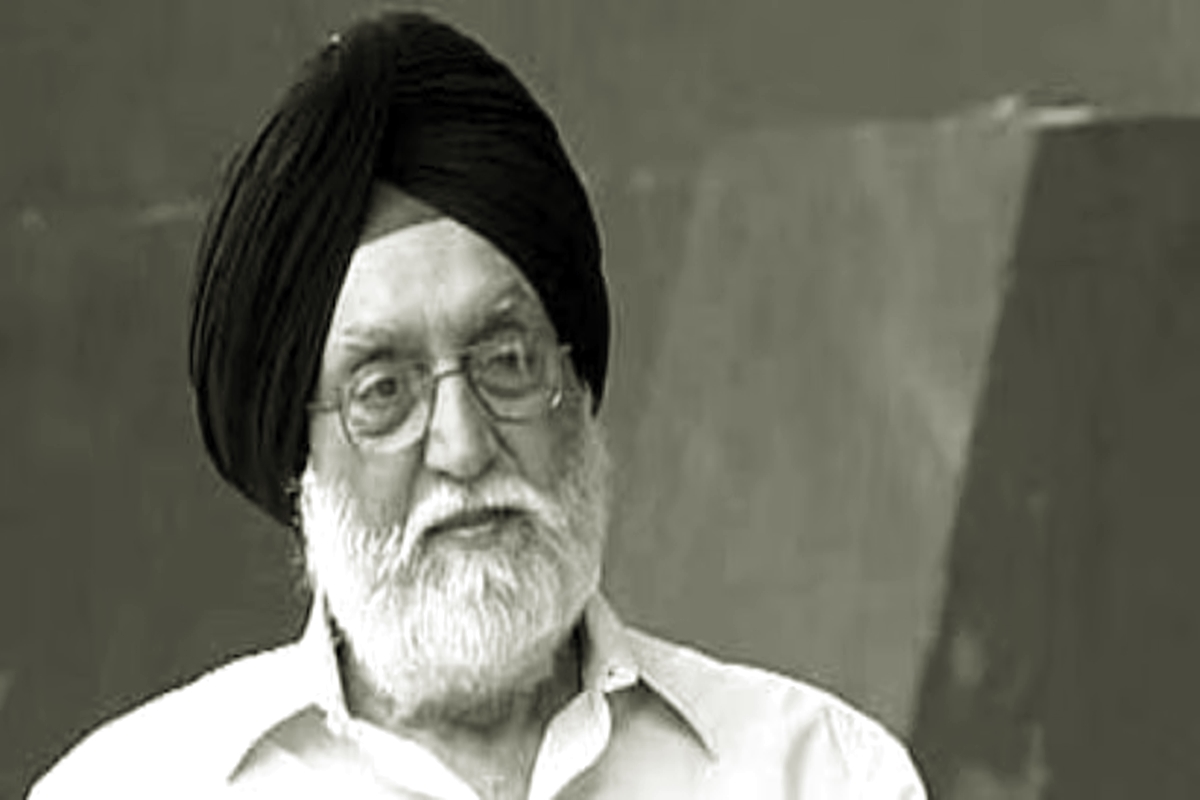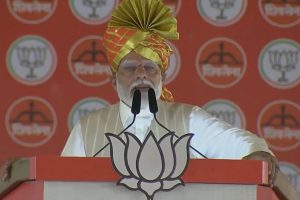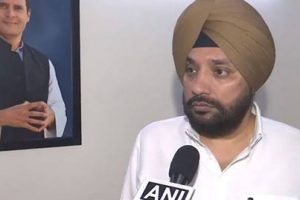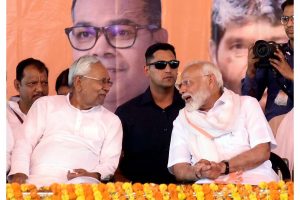Former Chief Election Commissioner of India and Congress leader, Manohar Singh Gill, commonly known as MS Gill, passed away on Sunday in a New Delhi hospital at the age of 87. MS Gill had a distinguished career as an Indian bureaucrat, politician, and writer.
Gill’s journey in public service began in 1958 when he joined the Indian Administrative Service, and his dedicated service continued until his retirement in 2001, culminating in his role as the Chief Election Commissioner of India. During his tenure, he played a pivotal role in modernizing India’s electoral system by introducing electronic voting machines, a significant milestone in curbing electoral malpractices.
After his illustrious career as a bureaucrat, he ventured into the realm of politics. He aligned himself with the Indian National Congress and was elected to the Rajya Sabha, representing Punjab in 2004. His tenure in the upper house extended over two consecutive six-year terms, concluding in 2016.
During his political career, MS Gill held key positions in the government. He served as the Minister of Youth Affairs and Sports from 2008 to 2011. Additionally, he took on the role of Minister of Statistics and Programme Implementation in 2011, contributing to the country’s policy and development efforts.
MS Gill and his remarkable career:
Manohar Singh Gill’s remarkable contributions to India were not limited to politics and administration. He was also an accomplished writer. In 1972, he authored the book “Himalayan Wonder: Travels in Lahaul and Spiti,” which recounted his experiences as a young IAS officer in the Lahaul-and-Spiti district, which was part of Punjab at that time. He later penned “Tales from the Hills: Lahaul’s Enduring Myths and Legends” in 2014, drawing from his experiences in the same region.
In recognition of his outstanding service and contributions, the Government of India conferred him with the prestigious Padma Vibhushan in the year 2000, a high civilian award in India. Furthermore, MS Gill received the Nishan-e-Khalsa honor on the 300th anniversary of the Khalsa. It is a testament to his deep-rooted connections and contributions to the Sikh community.
One of his most enduring legacies is his pivotal role in the introduction of electronic voting machines in India, a development that revolutionized the electoral process by enhancing transparency and reducing the scope for irregularities. This innovative step significantly bolstered the credibility of India’s elections and reinforced the nation’s democratic foundation.










